Round Bars
Manufacturer, Exporters & Supplier of
Round Bar
What is Round Bar
A round bar is exactly what it sounds like; it is a long, cylindrical metal bar. Manufactured in a variety of diameters ranging from 1/4″ up to 24”, round bar is also available in a variety of metals besides the relevant hot rolled or cold rolled steel and stainless steel options. The round bar has a smooth surface and is used for constructions that do not require high-strength reinforced concrete due to poor adhesive factors. It is mainly used on stirrups for beams and columns, pipelines, roads, and small and medium-sized construction projects.
Riddhi Siddhi Impex is a leading manufacturer, supplier and exporter of pipe fittings, forged fittings, tube fittings, dairy fittings, valves, Shims, Washers, Fasteners, Round Bars, Gaskets and flanges.
Round Bar – It’s Hot and It’s Cold
- Hot Rolled Steel Round Bar – is typically used in construction applications where precision and finish are not as important.
- Cold Rolled Steel Round Bar – is used for applications where a superior surface finish and exact dimensions are essential.
Round Bars and Strength
The one property that engineers and architects look for in steel products is their strength. This applies very significantly to round bars, where its load-bearing capacity is its superpower.
Depending on the end-use, the loadbearing stats differ – in other words, round bars needed for the construction industry will be stronger than what is needed for the automotive industries, unless you’re Elon Musk and you’re building steel space rockets bound for the outer reaches of space!
Round Bars and Ductility
Because of the ability of the atoms in a product like steel to roll over each other into new positions without breaking the metallic bond, round bars retain aspects of malleability and ductility.
Seriously, think how steel can stretch into a wire without breaking and is malleable enough to take being hammered into a thin sheet without losing its strength. Nuff said.
Round Bars and Elasticity
Referring to steel as elastic sounds like an oxymoron but we’re talking in relative terms here. When steel round bar is used for earthquake resistance, a certain amount of movement has to factor into its tolerance.
Clearly, whatever the external impact, the bars need to accommodate it and have the ability to return to their original positioning. A tall order, but tall buildings, especially, depend on this type of ‘elasticity’.
What are The Types of The Round Bars
1-Alloy Steel Bars
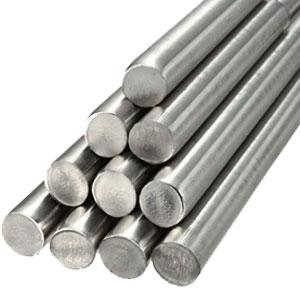 Bolts are a category of industrial fasteners, usually devised with a peculiar head style and externally threaded body. Different types of Bolts can vary in head styles, sizes, thread types, manufacturing form, material and dimension standards to which they are produced to comply. Bolts are mostly used in combination of nuts OR can be directly mated to a machine part with thread compatibility.
Bolts are a category of industrial fasteners, usually devised with a peculiar head style and externally threaded body. Different types of Bolts can vary in head styles, sizes, thread types, manufacturing form, material and dimension standards to which they are produced to comply. Bolts are mostly used in combination of nuts OR can be directly mated to a machine part with thread compatibility.
Know More
2-Carbon Steel Bars
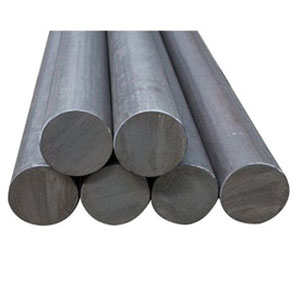 Screws are also male threaded fasteners mostly related and clearly undistinguished from bolts. While bolts mate with corresponding nuts, screws do not need any mating fasteners. Unlike bolts, screws need not have plain non-threaded shank. Screws may have tapered threads so as to facilitate succession into the female component.
Screws are also male threaded fasteners mostly related and clearly undistinguished from bolts. While bolts mate with corresponding nuts, screws do not need any mating fasteners. Unlike bolts, screws need not have plain non-threaded shank. Screws may have tapered threads so as to facilitate succession into the female component.
Know More
3-Steel Round Bars
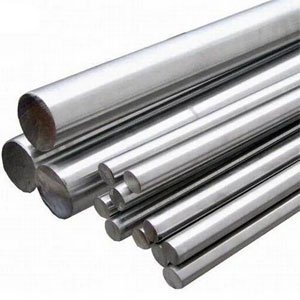 Stud bolts are headless bolting components with threads at both ends. Stud bolts often called as studs, are used with 2 nuts and 2 washers to complete a bolting joint. Stud bolts offered by Bolting Specialist, comes in 5 types with variables in size, thread system, dimension standards & materials, etc. Stud bolts are commonly used in petrochemical sectors. Stud bolts are manufactured in various international dimension standards and material specifications to suit industrial applications. We produce both metric and imperial sized studs with coarse and fine threads.
Stud bolts are headless bolting components with threads at both ends. Stud bolts often called as studs, are used with 2 nuts and 2 washers to complete a bolting joint. Stud bolts offered by Bolting Specialist, comes in 5 types with variables in size, thread system, dimension standards & materials, etc. Stud bolts are commonly used in petrochemical sectors. Stud bolts are manufactured in various international dimension standards and material specifications to suit industrial applications. We produce both metric and imperial sized studs with coarse and fine threads.
Know More
4-Stainless Steel Round Bars
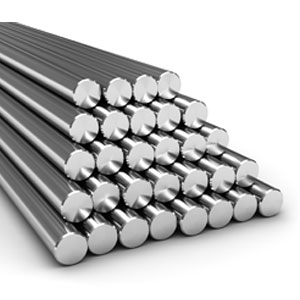 Nuts are female threaded fasteners and companion to male threaded fasteners such as bolts, sometimes screws or any other components. Nuts are always used in conjunction to bolts with mating thread profile. Nuts and bolts are kept together by a combination of their threads friction a slight stretching of the bolt and compression of the parts to be held together. Most nut fasteners are 6 sided hexagon body design, which can be easily tigntened using a square or hex wrench.
Nuts are female threaded fasteners and companion to male threaded fasteners such as bolts, sometimes screws or any other components. Nuts are always used in conjunction to bolts with mating thread profile. Nuts and bolts are kept together by a combination of their threads friction a slight stretching of the bolt and compression of the parts to be held together. Most nut fasteners are 6 sided hexagon body design, which can be easily tigntened using a square or hex wrench.
Know More
5-Mild Steel Bars
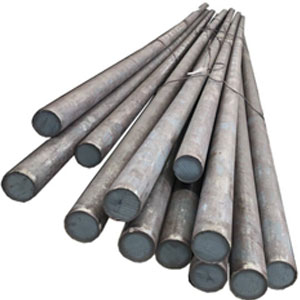 Bolts are a category of industrial fasteners, usually devised with a peculiar head style and externally threaded body. Different types of Bolts can vary in head styles, sizes, thread types, manufacturing form, material and dimension standards to which they are produced to comply. Bolts are mostly used in combination of nuts OR can be directly mated to a machine part with thread compatibility.
Bolts are a category of industrial fasteners, usually devised with a peculiar head style and externally threaded body. Different types of Bolts can vary in head styles, sizes, thread types, manufacturing form, material and dimension standards to which they are produced to comply. Bolts are mostly used in combination of nuts OR can be directly mated to a machine part with thread compatibility.
Know More
6-Aluminium Bars
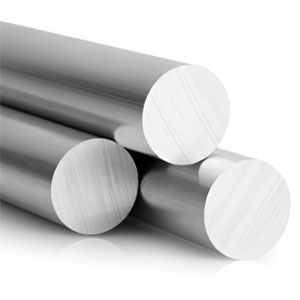 Screws are also male threaded fasteners mostly related and clearly undistinguished from bolts. While bolts mate with corresponding nuts, screws do not need any mating fasteners. Unlike bolts, screws need not have plain non-threaded shank. Screws may have tapered threads so as to facilitate succession into the female component.
Screws are also male threaded fasteners mostly related and clearly undistinguished from bolts. While bolts mate with corresponding nuts, screws do not need any mating fasteners. Unlike bolts, screws need not have plain non-threaded shank. Screws may have tapered threads so as to facilitate succession into the female component.
Know More
7-Brass Bars
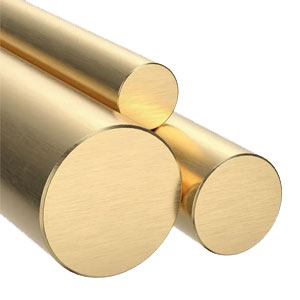 Stud bolts are headless bolting components with threads at both ends. Stud bolts often called as studs, are used with 2 nuts and 2 washers to complete a bolting joint. Stud bolts offered by Bolting Specialist, comes in 5 types with variables in size, thread system, dimension standards & materials, etc. Stud bolts are commonly used in petrochemical sectors. Stud bolts are manufactured in various international dimension standards and material specifications to suit industrial applications. We produce both metric and imperial sized studs with coarse and fine threads.
Stud bolts are headless bolting components with threads at both ends. Stud bolts often called as studs, are used with 2 nuts and 2 washers to complete a bolting joint. Stud bolts offered by Bolting Specialist, comes in 5 types with variables in size, thread system, dimension standards & materials, etc. Stud bolts are commonly used in petrochemical sectors. Stud bolts are manufactured in various international dimension standards and material specifications to suit industrial applications. We produce both metric and imperial sized studs with coarse and fine threads.
Know More